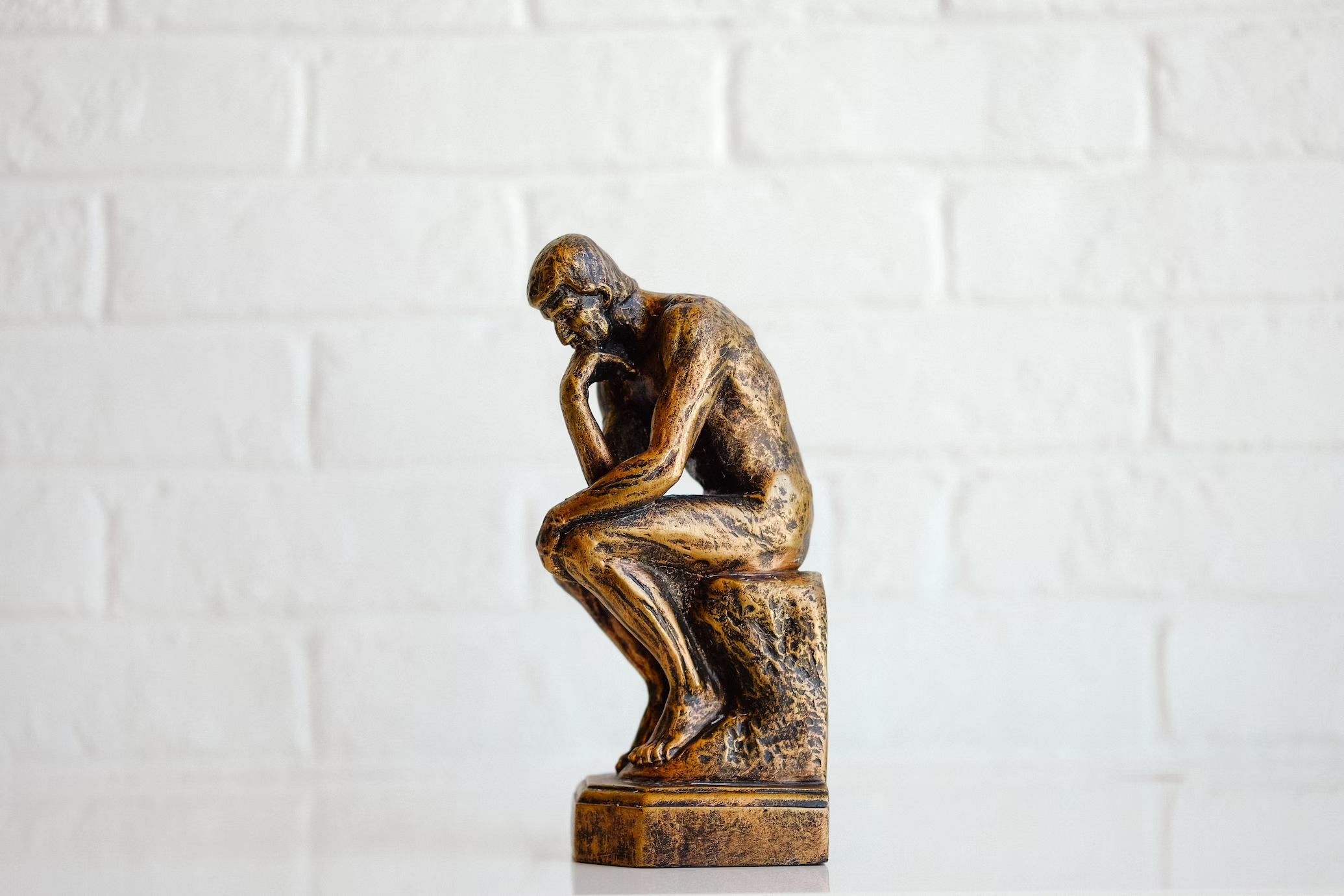What is Philosophy? A Complete Guide to Learning Philosophy
Jul 13, 2024Philosophy, derived from the Greek words "philos" (love) and "sophia" (wisdom), translates to the "love of wisdom." At its core, philosophy seeks to understand the fundamental nature of reality, existence, and knowledge. It delves into questions that often don't have straightforward answers, pushing the boundaries of human thought and understanding.
Types of Philosophy
- Metaphysics: This branch of philosophy grapples with the nature of reality. It asks questions like: What is existence? What is the nature of time, space, and objects? Is there a higher power or purpose?
- Epistemology: This is the study of knowledge. It seeks to understand what knowledge is, how we come to know things, and what distinguishes belief from genuine knowledge.
- Ethics: Ethics concerns itself with questions of morality and what it means to live a good life. It asks: What is right and wrong? What is the nature of good and evil? How should one act?
- Aesthetics: This branch deals with the nature of beauty, art, and taste. It delves into questions about what makes something beautiful or artistic.
- Logic: Logic is the study of valid reasoning. It provides the rules and structures to ensure that our arguments and conclusions are sound.
- Political Philosophy: This area explores questions about governance, justice, liberty, and the role of individuals in society.
Famous Philosophers and Their Contributions
- Socrates (469-399 BC): Often considered the father of Western philosophy, Socrates is best known for his Socratic method—a form of cooperative argumentative dialogue to stimulate critical thinking. He believed in the pursuit of knowledge and virtue.
- Plato (428-348 BC): A student of Socrates, Plato founded the Academy in Athens, one of the earliest institutions of higher learning. His dialogues cover a wide range of topics, from justice in "The Republic" to love in "The Symposium."
- Aristotle (384-322 BC): A student of Plato, Aristotle's works spanned across various disciplines, from biology to politics. He believed in empirical observation and is often credited with laying the groundwork for the scientific method.
- Immanuel Kant (1724-1804): A central figure in modern philosophy, Kant sought to reconcile the empirical and rationalist traditions. His "Critique of Pure Reason" is a seminal work in epistemology.
- Friedrich Nietzsche (1844-1900): Nietzsche challenged traditional values and introduced the idea of the "will to power." His works, such as "Thus Spoke Zarathustra," often critique religion, morality, and contemporary culture.
- Simone de Beauvoir (1908-1986): A leading figure in existentialism and feminism, de Beauvoir's "The Second Sex" is a foundational text in feminist philosophy, exploring the treatment and perception of women throughout history.

The Importance of Philosophy
Philosophy encourages critical thinking and challenges individuals to question the status quo. It provides tools to evaluate complex issues, from ethical dilemmas to metaphysical inquiries. In a rapidly changing world, philosophy offers a grounding force, reminding us of timeless questions and values.
While some argue that philosophy is abstract and removed from daily life, its principles are deeply embedded in our cultures, laws, and personal beliefs. From the justice systems we design to the personal decisions we make, philosophy shapes and is shaped by the human experience.
Philosophy, in its quest for understanding, has been a guiding light for humanity for millennia. Its branches offer insights into every aspect of human existence, from the nature of reality to the essence of beauty. Through the works of great thinkers, we gain a deeper appreciation for the complexities of the human condition and the world around us. As society continues to evolve, philosophy remains a testament to our enduring desire to understand, challenge, and transcend our limitations.
Related Articles
Common Ancient Philosophies: An Exploration of Stoicism, Epicureanism, Cynicism, and More
Epicurus and Epicureanism: A Guide to Ancient Philosophy of Pleasure and Peace
Stoicism: The Ancient Philosophy of Inner Tranquility
Category: General Philosophy